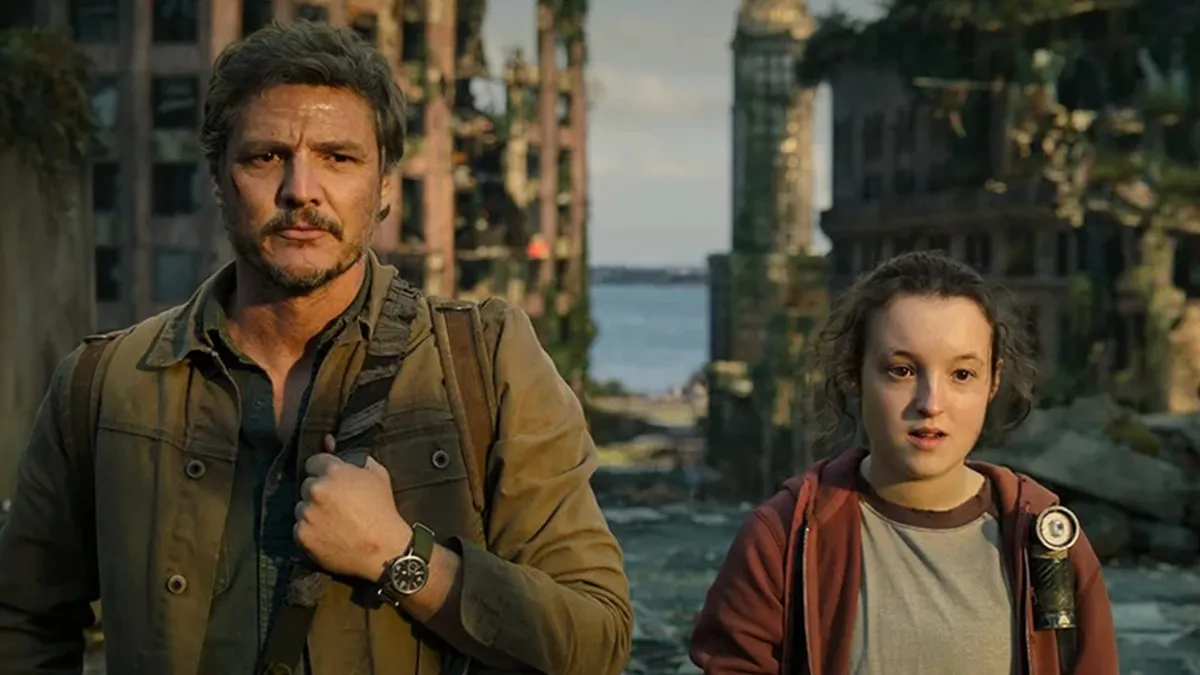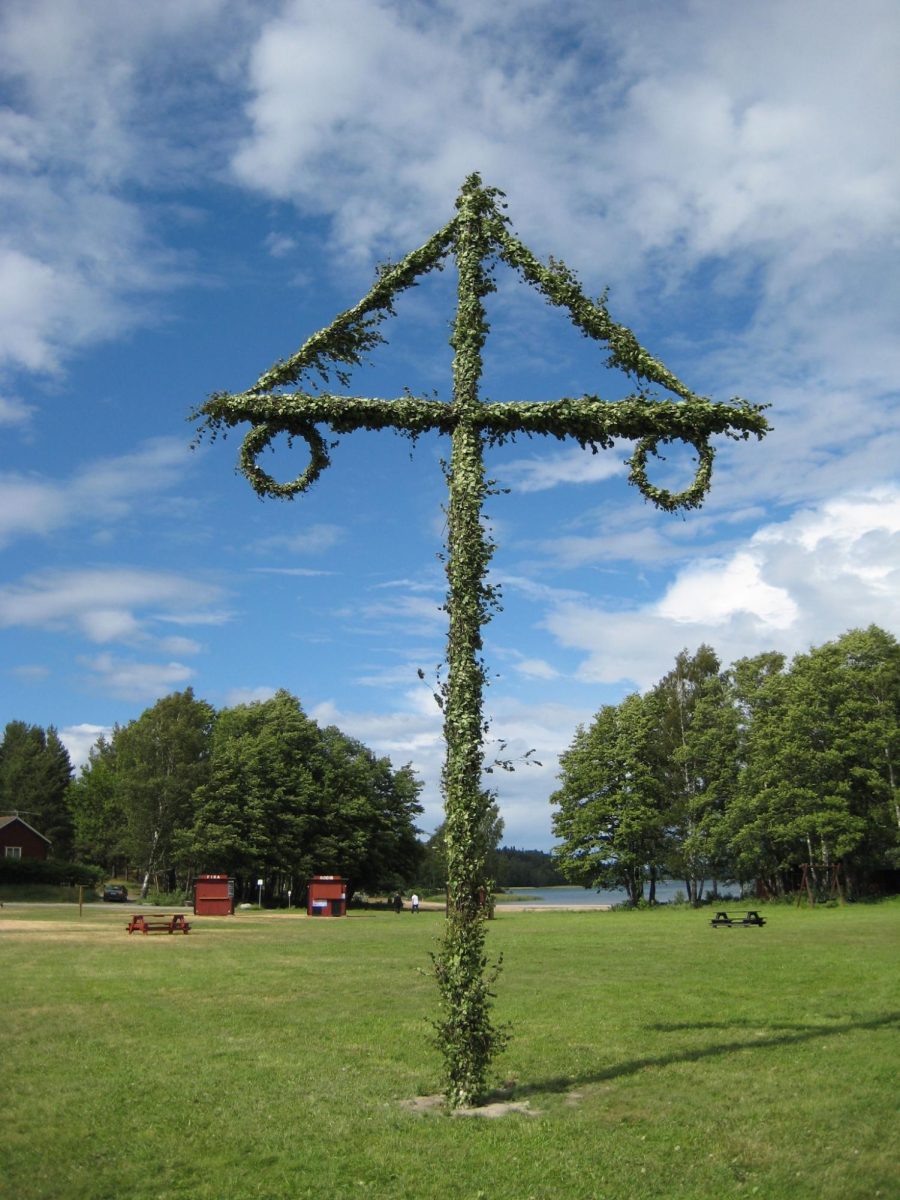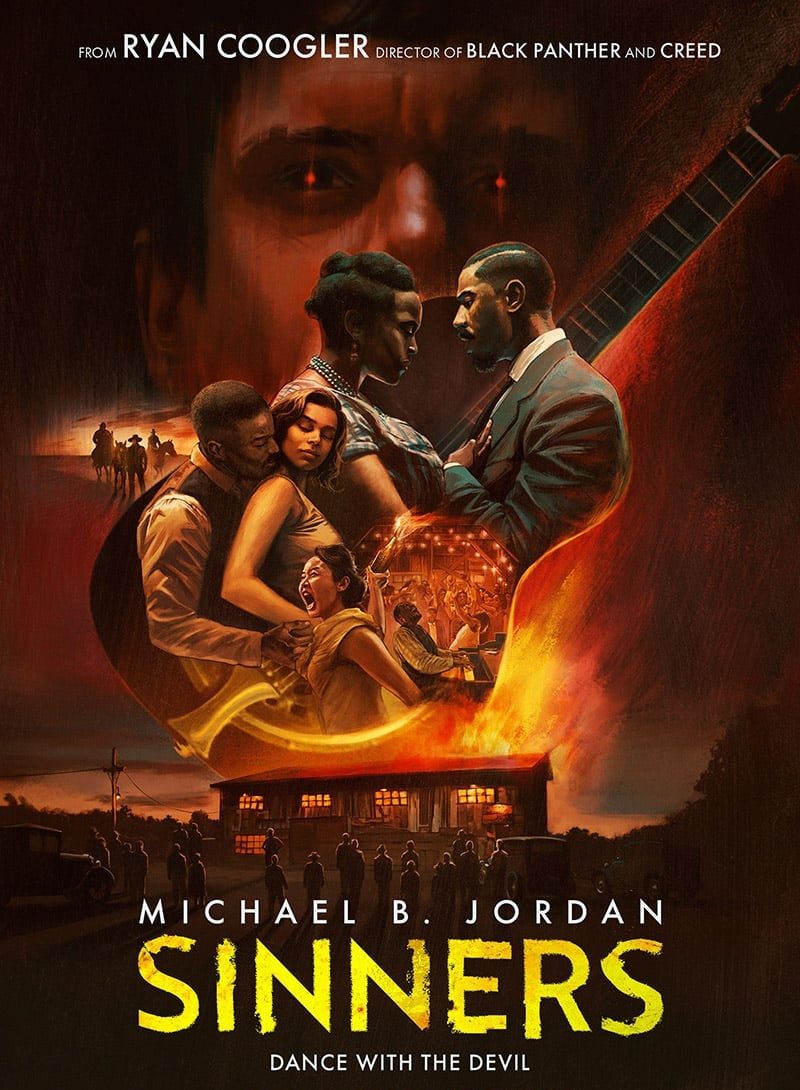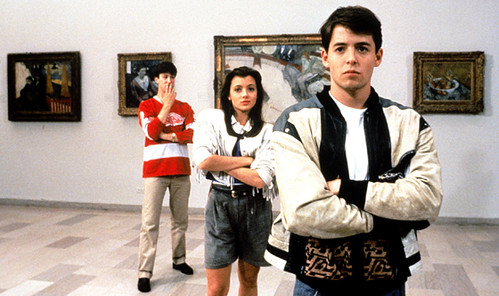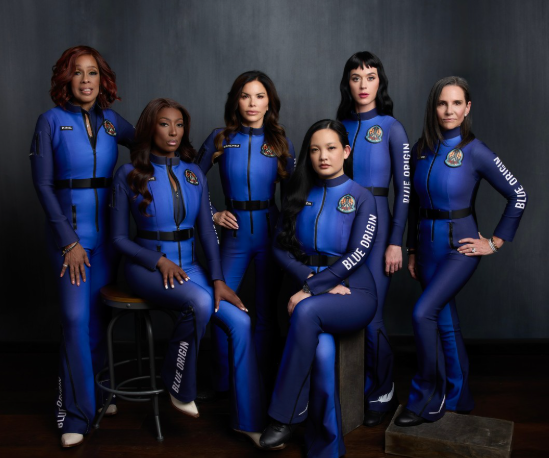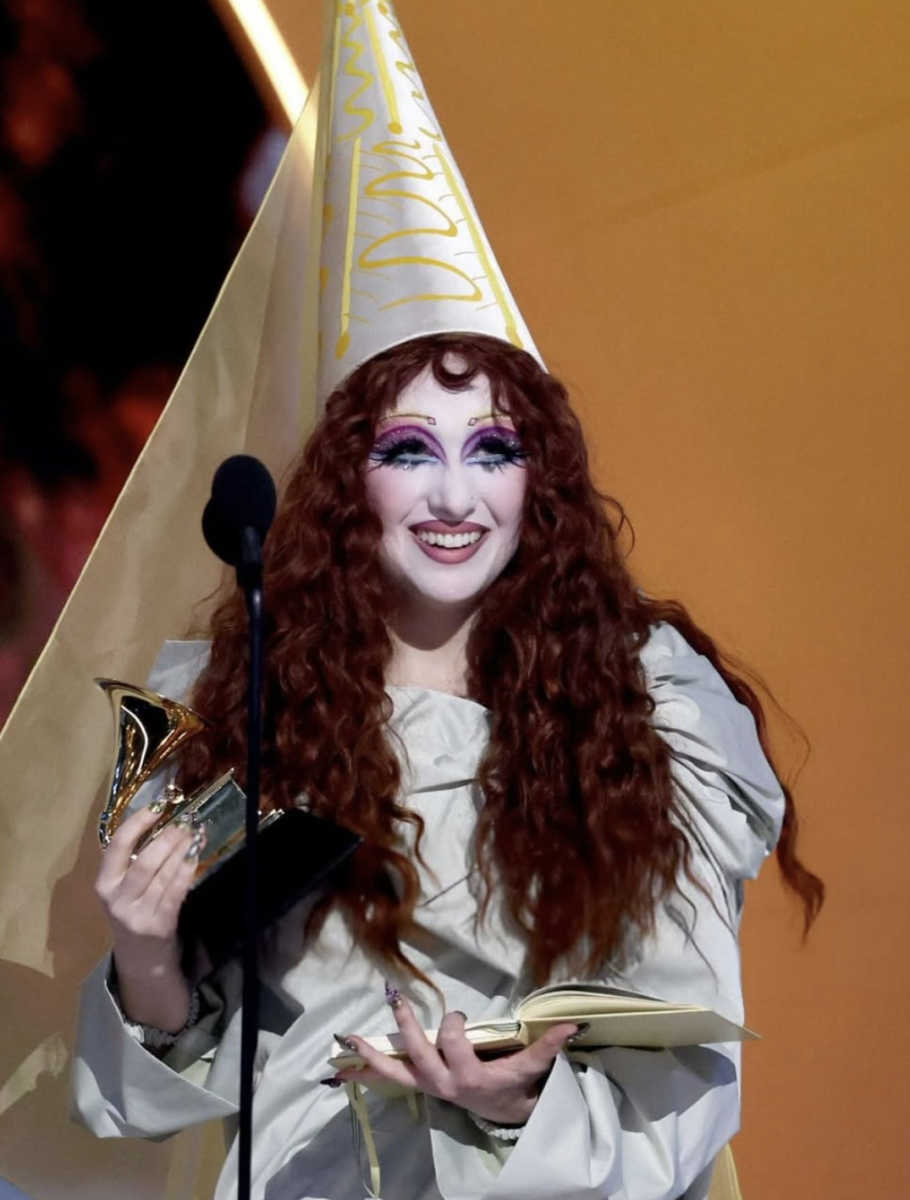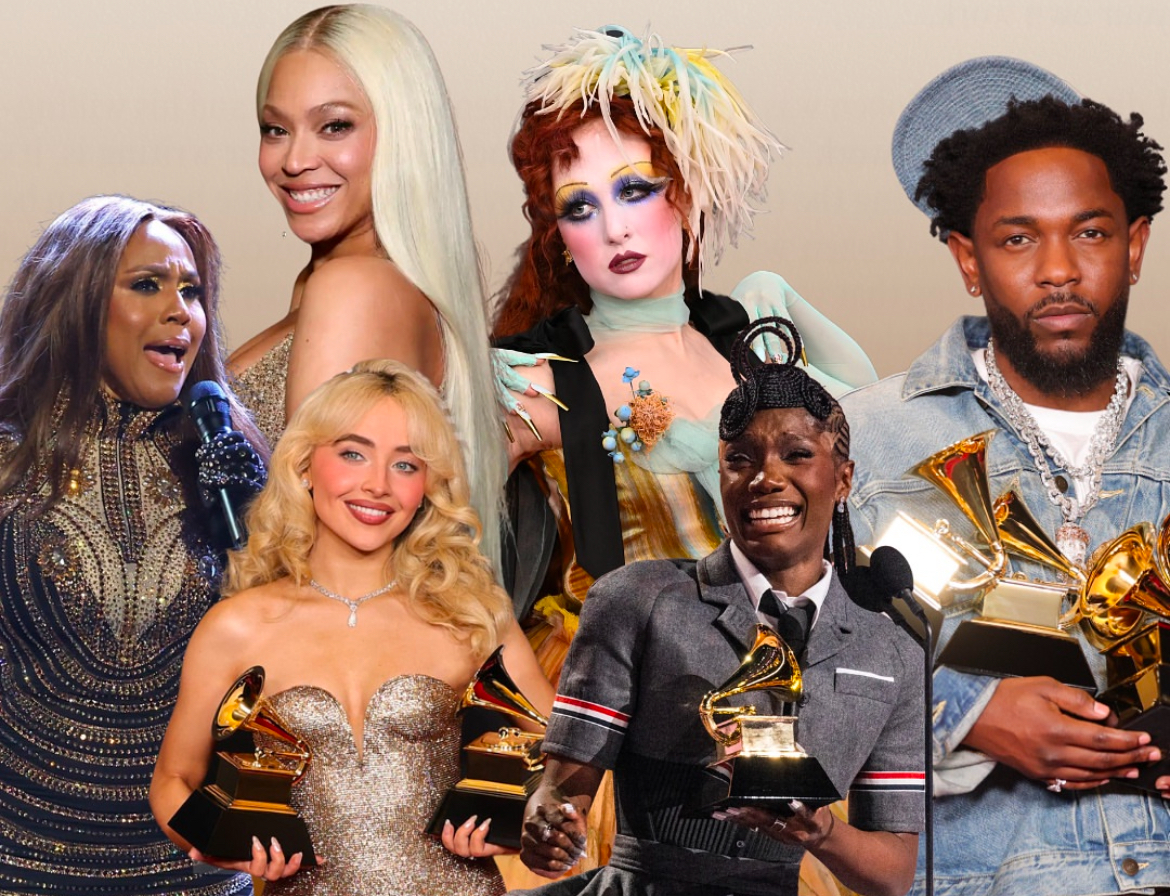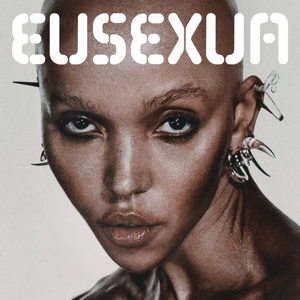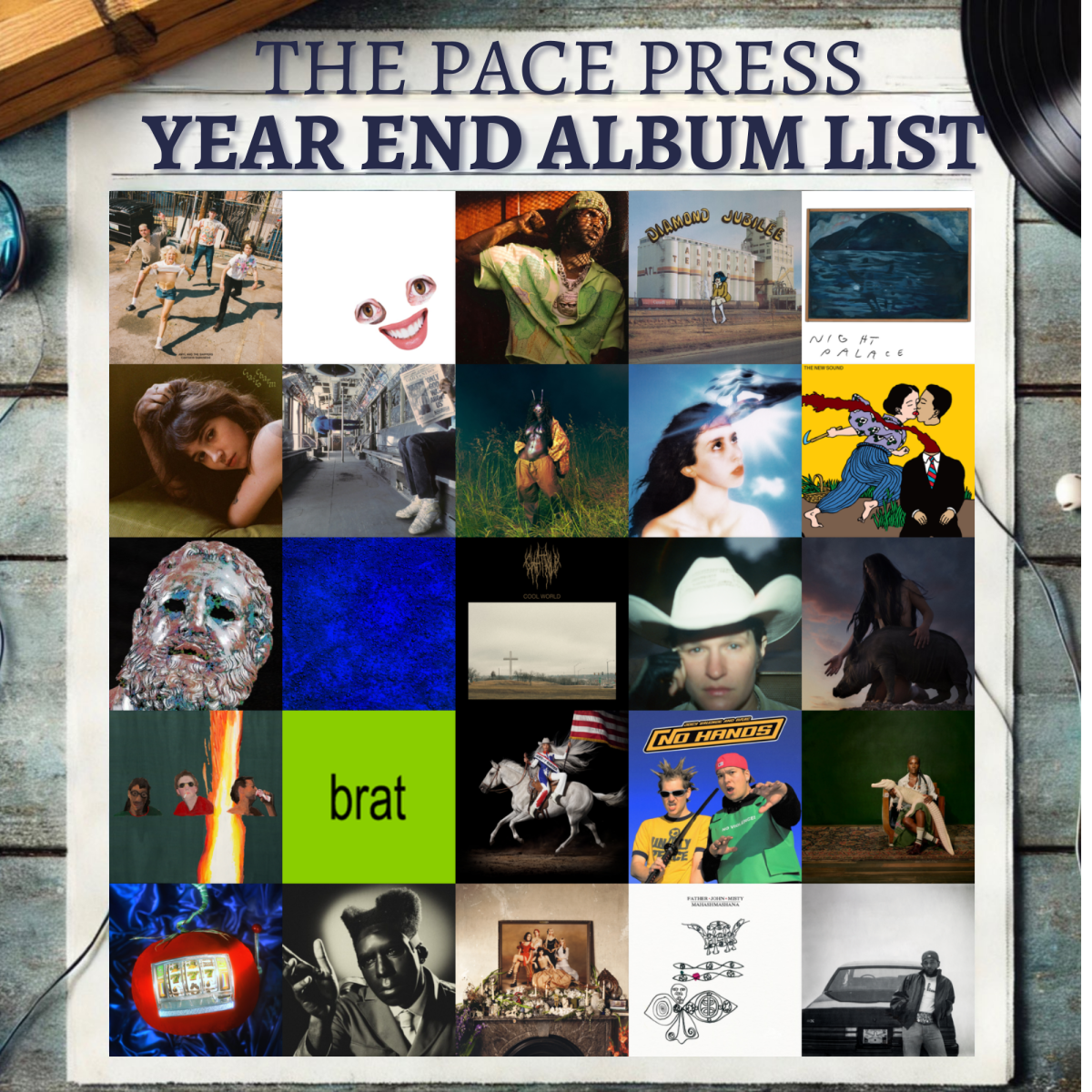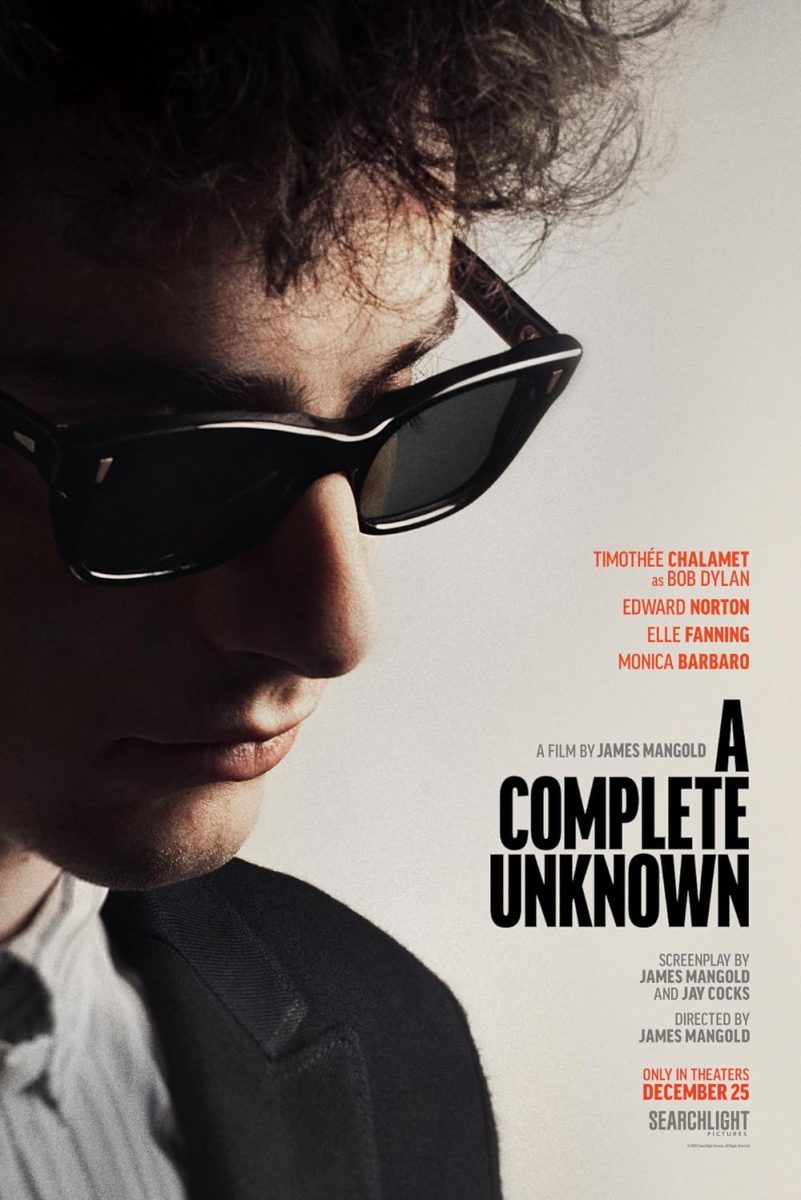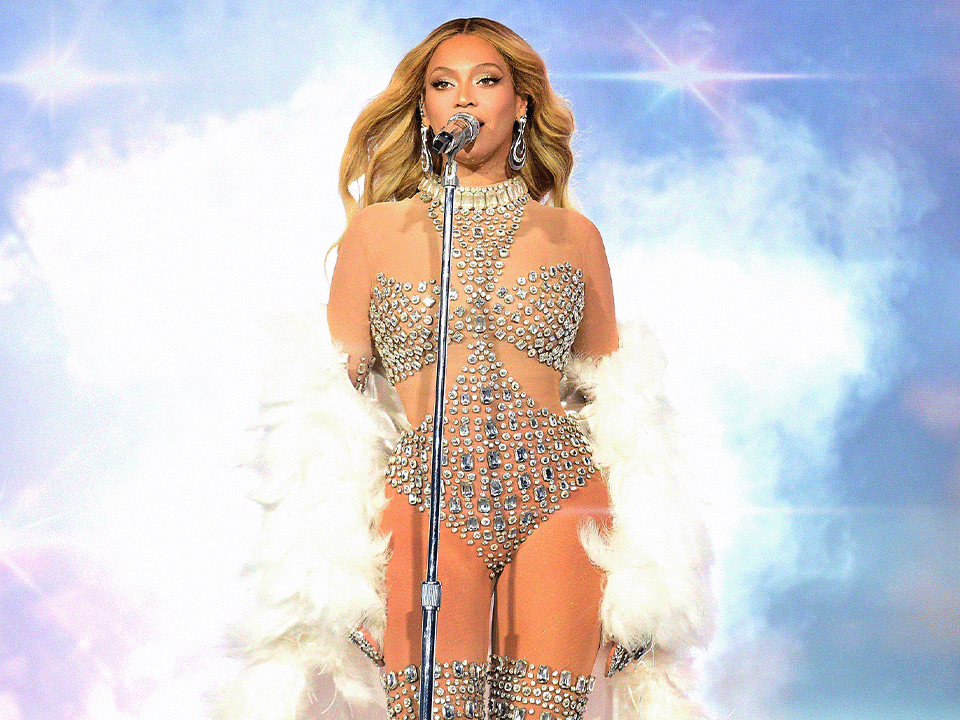Freedom of Speech in art can often be argued as mere illusions artist are made to believe. In most cases within the U.S. the creative mind is rarely challenged but in other countries the same cannot be said. Pussy Riot is the perfect example of free speech being suppressed by a government.
Pussy Riot is a Russian feminist punk-rock band that is known for pushing the envelope with their impromptu concerts in unusual and unauthorized locations, such as a trolleybus, scaffold in Moscow Metro, and the Yelokhovo Cathedral. Their songs are centered on the Russian political system and the overturning of the current president Vladimir Putin. There are 12 members of the group as well as a handful of crew members that film their performances and post them on the internet. Pussy Riot is known for wearing brightly colored balaclavas and using only nicknames during interviews. This group is all about protest art and getting their message out there with their songs filled with unorthodox lyrics. They lend their voices in protest of basic rights that are under threat in Russia as well as advocating for gender equality and freedom of expression.
Never afraid to up the ante, Pussy Riot in February staged a politically charged session in the Russian Orthodox Church in Moscow. This occurred during non-service hours and when there were minimal members of the public attending. The girls took out their guitars and balaclavas and continued to sing their song “Punk Prayer – Mother of God, Chase Putin Away”. In the song, they mentioned Virgin Mary and urged her to become a feminist. The main message of the song was to attack Putin and Kirill I, the Moscow Patriarch of the Russian Orthodox Church, Kirill I is known for his continued support of Putin calling him a “miracle of God”. The five women from the group that participated were escorted out by police and let go for the moment.
On February 26th, about five days after their initial performance a criminal case was opened against the band members for their offense against the believers of the church. Two alleged members of the Pussy Riot were arrested and convicted of hooliganism. Hooliganism is defined as disruptive or unlawful behavior such as rioting, bullying and vandalism. The two members Maria Alyokhina and Nadezhda Tolokonnikova were held without bail and put in jail until their case came to trial in April. By March another member of the group that was repeatedly questioned by the police was arrested. Yekaterina Samutsevich was charged with the same crime as her two peers. The three detained members are viewed as political prisoners by international agencies based on the severity of the response to their actions.
All three members have appealed to the Moscow City Court, based on the fact that the performance purely political and not an attack on religion. Prosecutors are saying that their acts of hooliganism were motivated by religious hatred and they could be sentenced to two years in prison. This extreme response is believed to be influenced by Putin and Kirill. The members were offered a lesser sentence if they repented their words and actions but all refused. According to the Washington Post, “The idea of the protest was political not religious.” Samutsevich said “In this and in previous protests we acted against the current government of the president and against the Russian Orthodox Church as an institution of the Russian government, against the political comments of the Russian patriarch. Exactly because of this I don’t consider that I committed a crime”.
This past week one member of was released on probation of 2 years while the other two are facing a harsher punishment for their protest against the President. Samutsevich was released on the fact that before she wasn’t able to even take out her guitar before she was escorted out by the police. So she did not engage in the act of hooliganism like the other two. It is believed that the court was trying to create a rift between the members but Samutsevich is continuing to protest for the release of her companions. The other two members will be sent to two separate penal colonies, a settlement used to exile prisoners from general public in a remote location. The punishment they are facing is receiving criticism from around the world, from people as famous as Madonna and President Obama, because of how unjust and extreme the sentence is for a political protest. These two members are mothers with very small children at home and are unable to stay in Moscow’s detention facility which they are saying is unfair and have appealed to the courts.
Pussy Riot is one of the core events happening that discusses the importance of freedom of speech in art. Professor Guzzone of the music department believes that “Whether it’s a song, a painting, a film, a play… any expression of creativity is free speech. This right should be protected at any cost. If one doesn’t like a work of art one is free to criticize it or ignore it. One cannot deny the rights of other citizens to participate in listening, reading or viewing that work of art.” Now this is a common feeling for the citizens of the United States that have grown up with the idea that expression is protected by the government and can’t be taken away. But Pussy Riot is a Russian band, and Russia isn’t on the same level playing field as the United States they haven’t grown up with the same protection of rights. Professor Guzzone continues to say “I will say that the arrest of Pussy Riot shows us how far Russia has come but how far it still needs to go in terms of citizens’ rights”. Russian political figures (President and Patriarch) are looking forward to the end of the trial and are continuously defending the courts decisions saying that “it is impermissible to undermine our moral foundations, moral values, to try to destroy the country”.
How far are artists allowed to push the boundaries? Graduate student Marina Karmanova believes that “Since artists are in the spotlight they need to be careful of the impression they make, but they still have the freedom of speech so they need to create a balance between the two”. But Professor Paul Guzzone believes “we can argue the quality or importance of the art but we should not stifle creative freedom”. The importance of freedom of speech is highly debated around the world but for the U.S. artists are protected for their views no matter how extreme they are. The government is put in a tough position when freedom of speech clashes with the extreme consequences for their artwork/ expressions. This is something the government still hasn’t found a peaceful balance between.
Over the years what can be said on television and in music has changed greatly. Ten years ago words like “bitch” and “asshole” couldn’t be said on public television, but now there are few words that actually are banned. Most people remember the famous Johnny Carson sketch in which he said the seven words that could not be said on television. Currently more than half of these words have become commonplace in both music and television.
It wasn’t that long ago that music was held to a higher standard. In 1985 the Parents Music Resource Center was founded. Most people remember the PMRC for their famous attack on rock music. A Supreme Court trial was held where in numerous artists including Dee Snider, Frank Zappa and John Denver all came to defend their music against censorship. Then there was the famous case brought up against the Dead Kennedy’s for a poster released alongside their album that consisted of nine sex acts. In 1989 2 Live Crew’s “As Nasty as They Want to be” was the source of an obscenity case brought before the Supreme Court. In some over fifteen record stores throughout Florida sale of the album was ceased due to a ruling labeling the album as obscene. The ruling was later overturned. Only twenty-one years ago in 1991 rapper Ice-T’s album was halted by his label due to the negative attention his song “Cop Killer” garnered. The song was a narrative about a criminal seeking revenge on a racist cop who was guilty of brutality. Police advocacy groups around the board were up in arms over it and as such Time Warner Music and the rapper were forced to spilt. As seen in the U.S. freedom of speech isn’t just an illusion created to appease artists but is a right that holds merit. But in countries like Russia, freedom of speech has a long way to go to be on the same level playing field as America. But as Prof. Guzzone says “The genie is out of the bottle”. It is only a matter of time before reform occurs in Russia and a revolution against basic rights is ignited.

